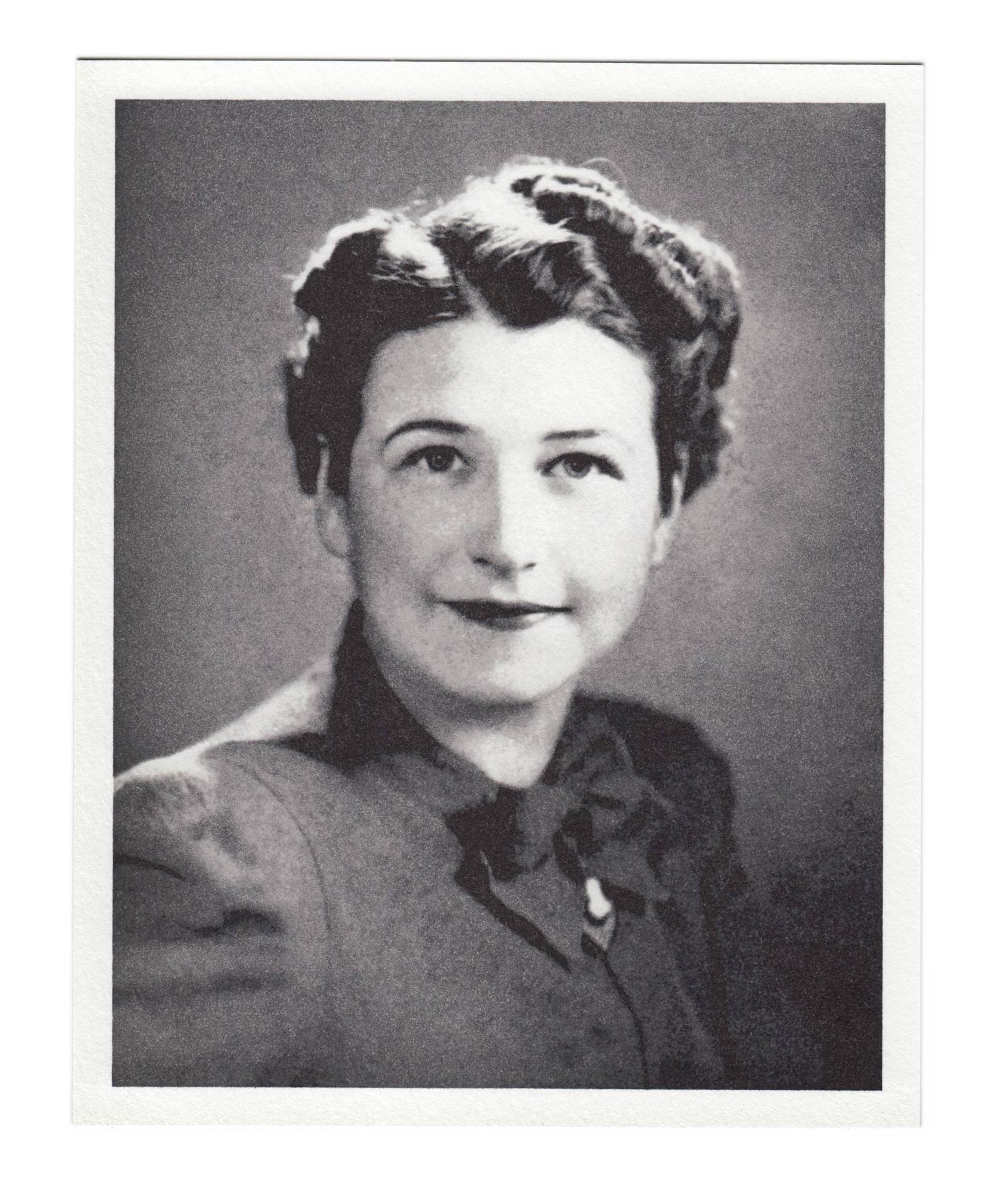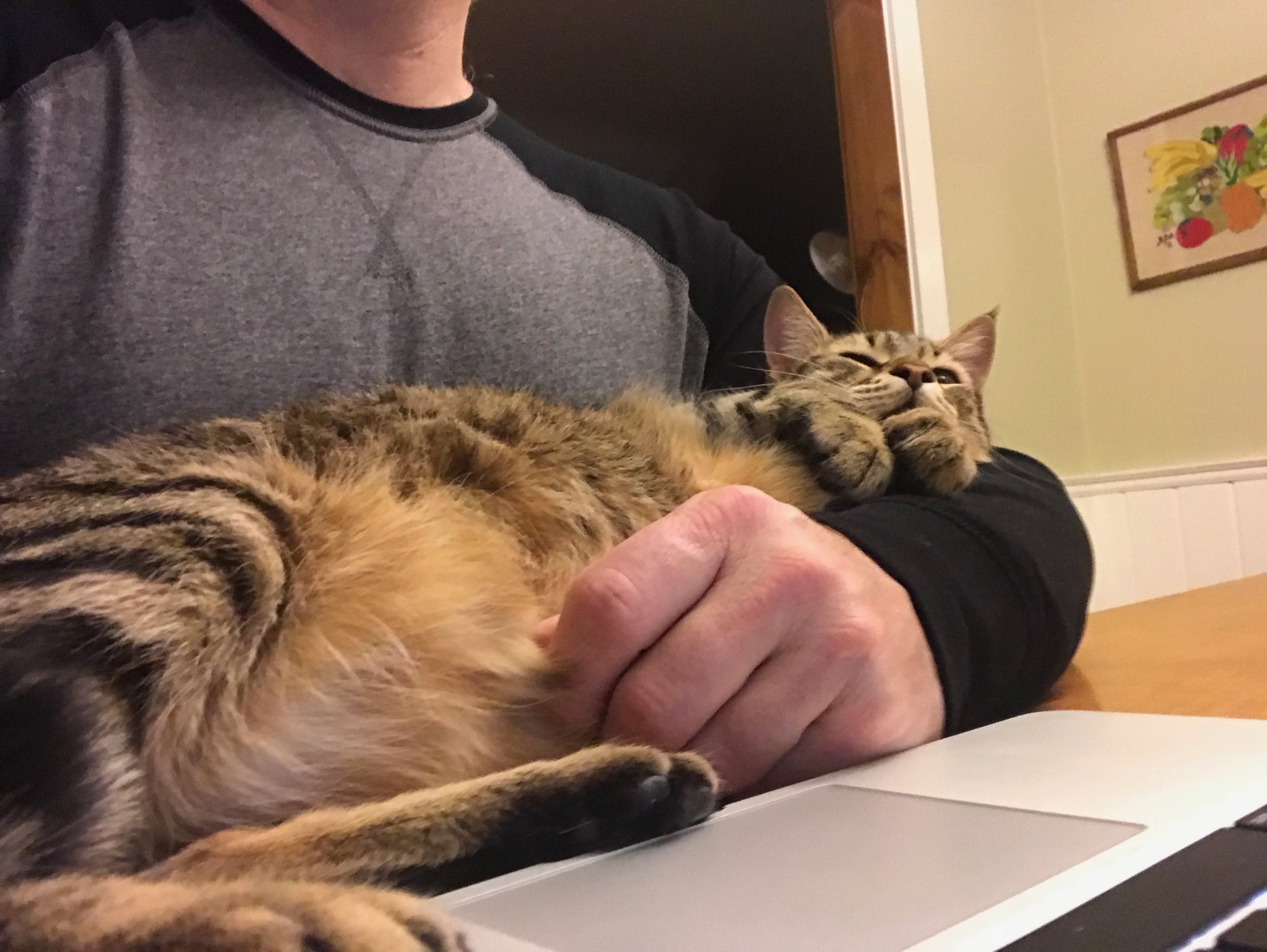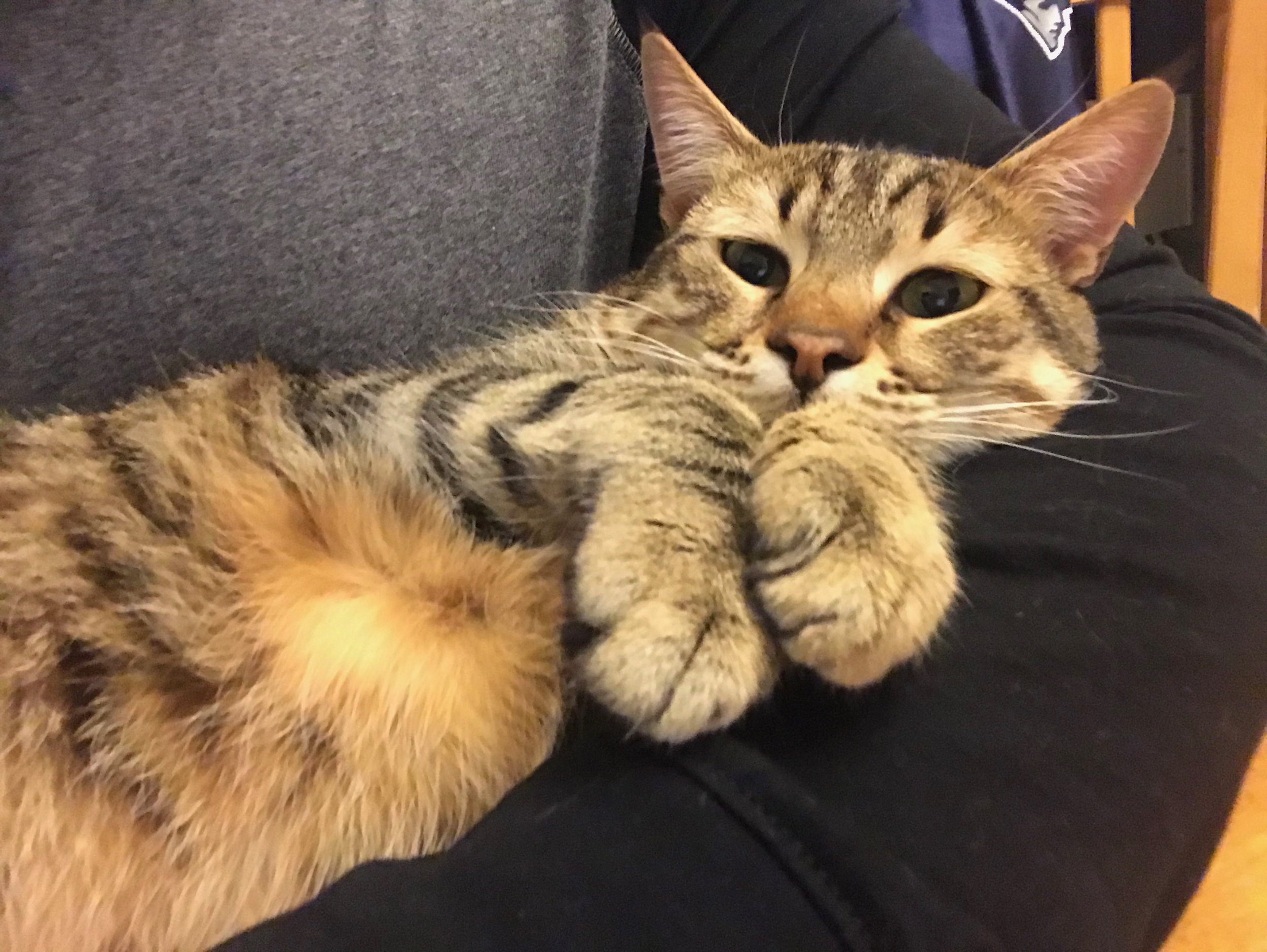How to handle a troll
/While speaking yesterday at the Mark Twain House, a woman asked me how I handle criticism and the negative responses that I receive from people who read my blog, follow me on social media, watch me perform, and the like.
She pointed out that recently, someone disagreed with a position that I took on social media and was aggressive and possibly rude in their response.
It’s true. My wisdom, candor, and wit are surprisingly not always appreciated by the masses. Quite often the responses that I receive via comments on the blog, email, Facebook, and especially Twitter (where cowards hide behind anonymity) are not exactly thoughtful or respectful.
Here is how I manage to avoid allowing these unfortunate interactions to hurt me:
Most important, I am not opposed to disagreement. In fact, I thrive on it. As long as someone is respectful and sincere way in their response, I’m thrilled. Reasonable people can disagree, and the respective exchange of ideas is one of the reasons I write in the first place.
When it’s not respectful, I do this:
I examine the preponderance of the evidence. I look at the responses to my writing as a whole. If the majority of people either support my position or disagree respectfully, then I focus on those responses and ignore the less thoughtful, disrespectful responses. The vast majority of people who respond to my work agree with my positions or push back respectfully. You can’t win over everyone, but if I can get most of them on my side, I’m perfectly capable of ignoring the occasional rude remark.
I have always assumed that mean people are stupid. If someone responds to me with disrespect and vitriol, I simply assume that they are stupid. The world is filled with stupid people. Occasionally my words intersect with these unfortunate souls of limited intellect, and the results are regrettable but ultimately ignorable.
Assuming that mean people are stupid is a powerful and effective tool.
Admittedly, I’ve also always been a person who doesn’t care much about what other people think. As a serial nonconformist, I’ve walked to the beat of my own drummer for a long time. In fact, I look for opportunities to be different. To stand apart from the crowd. To go against the grain.
Honestly, it’s often embraced and even admired.
My favorite example is the time I attended a wedding and did not wear a tie. I don’t wear neckties anymore, seeing them for what they really are:
Pointless, decorative nooses.
It turned out that I was the only man at this rather large wedding who wasn’t wearing a tie. Halfway through the evening, a man approached me and said, “How did you get away with not wearing a tie?”
“I didn’t put one on,” I said. “I’m a grown up. I get to do what I want.”
The man instantly removed his tie and stuffed it into his pocket. It was like watching the unshackling of a grown-ass man for the first time.
I honestly don’t understand why people care so much about the opinions of others.
But if you’re not like me, the strategies listed above might help. What I couldn’t help but think after the woman asked me the question is how often people are being silenced by trolls. Human beings with important thoughts and ideas are hesitant or even afraid to do so because of the stupid people who say mean and stupid things.
Don’t allow the stupid people to stop you. They can’t help it that they are stupid. Sympathize with their lack of basic intellect. Feel sorry for their idiocy. Donate some money to an educational cause that might prevent future people from being stupid.
Move on.
The world needs your voice.




























